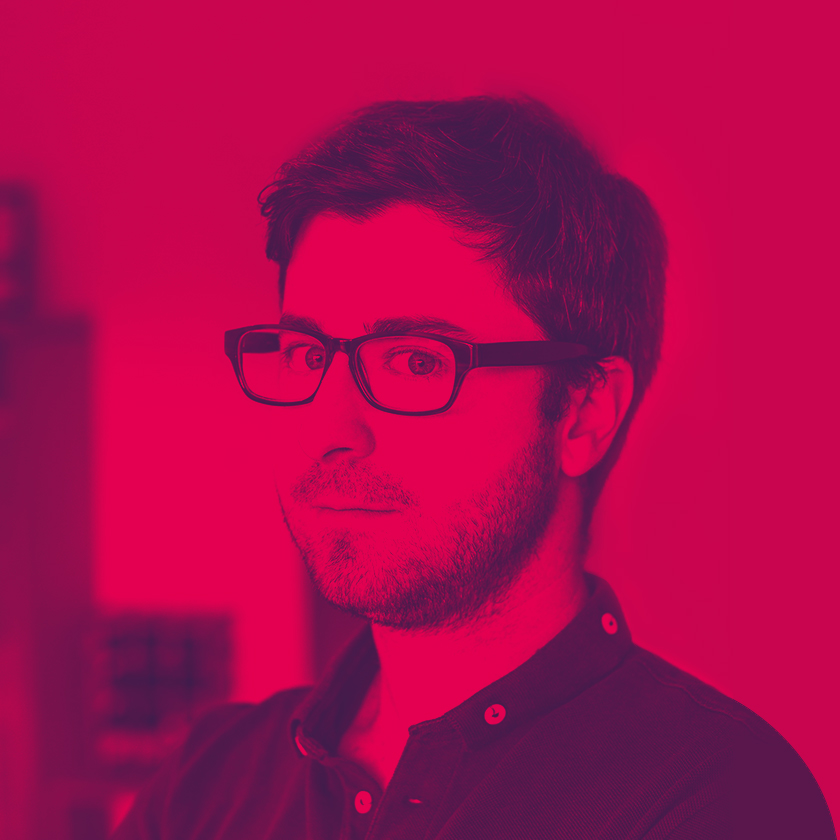Requiem for a data, a design fiction workshop
workshop – Half day (4h) | Feb 5 – 14:00
Data tend to play a crucial role in our life nowadays and have become a digital extension of ourselves. However, do we value them enough to consider funerals for these once beloved traces of our life when they are gone? Through this workshop, participants will learn to use design fiction as a method to explore emerging and speculative rituals helping users to cope with failing data-driven services.
Our “Requiem for a data” workshop starts with this speculation: what if data had funerals too? Data are becoming the essential building blocks of our so-called digital-driven society, but they are still a fragile, volatile and vulnerable pieces of our digital self even in an era of generalised backup. Leaks, hacking, misuses, startup bankruptcy, even if they look immaterial and then eternal, data are exposed to a wide range of existential risks.
As funerals are considered by anthropologists one of the foundations of a civilisation. If we are about to become a digital civilisation as it has been stated so many times, should we start to imagine funerals for our precious data?
In this workshop, participants will be invited to imagine a near future society where data have their own funerals. They are going to explore different stages of grieving data, speculate on different behaviours and imagine provocative prototypes of services, products, rituals highlighting how different archetype of users mourn their lost data. We will provide creative assets, tools and methods to help participants in creating design fictions such as the relic of a USB key preserved for a future resurrection, an online service of moral support in case of data loss, a pilgrimage to the last data center having hosted the gone data, an extreme form of back-up consisting in engraving source code of a data on standing stones…
At the end of the workshop, participants will have both experienced the principles and uses of design fiction from both conceptual and applied perspectives. They will be able to reuse these actionable knowledge for their practice or the strategic orientation of their activities.
Outline
This workshop will propose to participants to design and prototype rituals for data funeral through speculative objects and services. The workshop outline is built on a synthetic design fiction process:
- The topic (20 mins): Input presentation : introducing workshop topics about data funerals and design fiction methods.
- Brainstorming (30 mins): Mapping controversies, highlighting stakes and first provocative ideas.
- Concepts and scenarios (1h): Designing concepts of data funerals and their speculative scenarios.
- Prototyping (1h): Prototyping design fictions illustrating speculative data funeral scenarios. Participants embed their speculative world into fictitious objects and services designed to raise questions and to provoke thoughts.
- Scenarios presentation and Q&A (30 mins)
- After designing design fictions (15 mins): Learning how to use these speculative scenarios: impact and opportunities of Design Fiction for companies, policy makers, agents of change.
- Wrap-up (10 mins): Participants’ reactions and debrief on the workshop. A take-away booklet is given to all participants so that they keep track of this knew knowledge and how it can be deployed.
Target audience
This workshop is addressed to anyone with interests in responsible innovation for data-driven services, design fiction and social issues and transformations linked to digital technologies. Audiences might include: designers, data scientists, product managers, marketing strategists.
And also anyone interested in big data and data-driven transformations who is curious in experimenting with alternative design approaches and ready to be a bit shaken!
About the speakers

Bastien Kerspern
I’m an interaction designer specialised in public innovation and also the co-founder of the studio Design Friction. Regularly leading workshops across the world, I’m especially interested in playing with new perspectives around the possible capabilities of design and then confronting points of view in these participatory sessions. Aside my work as a practitioner, I’m also a course leader in urban interaction design and service design at L’École de Design Nantes Atlantique (France).

Léa Lippera
I’m a critical designer at Design Friction where I engage my speculative design skills in various topics such as smart cities, digital labour and quantified self trends, civic engagement. I’m curious to explore in which extent a critical design posture could deviate from technological matters to address issues such as sex-positive feminism, gender roles, uselessness or languages.
























